In the labyrinth of education where grades have long reigned supreme, it’s time to peer beyond the confines of standardized success metrics. The landscape of academia is shifting, urging us to recalibrate our understanding of achievement. Imagine a realm where flourishing goes beyond mere letter grades, where students are viewed not as test scores but as multifaceted beings with untapped potential waiting to blossom. As we embark on this intellectual odyssey, let us challenge the conventional notions of success in education and venture into uncharted territories that celebrate holistic growth.
Table of Contents
Rethinking Success in Education: Beyond Grades and Tests
Peeling back the layers of traditional academia reveals a tapestry rich with diverse intelligences and talents yearning for recognition. While grades may paint a surface picture, true mastery encompasses so much more – emotional intelligence, creative thinking, critical analysis, and practical application. Delving deeper into the essence of education unveils a profound truth: success transcends exam halls and report cards; it resides in nurturing well-rounded individuals equipped not just for test days but for life’s dynamic challenges.
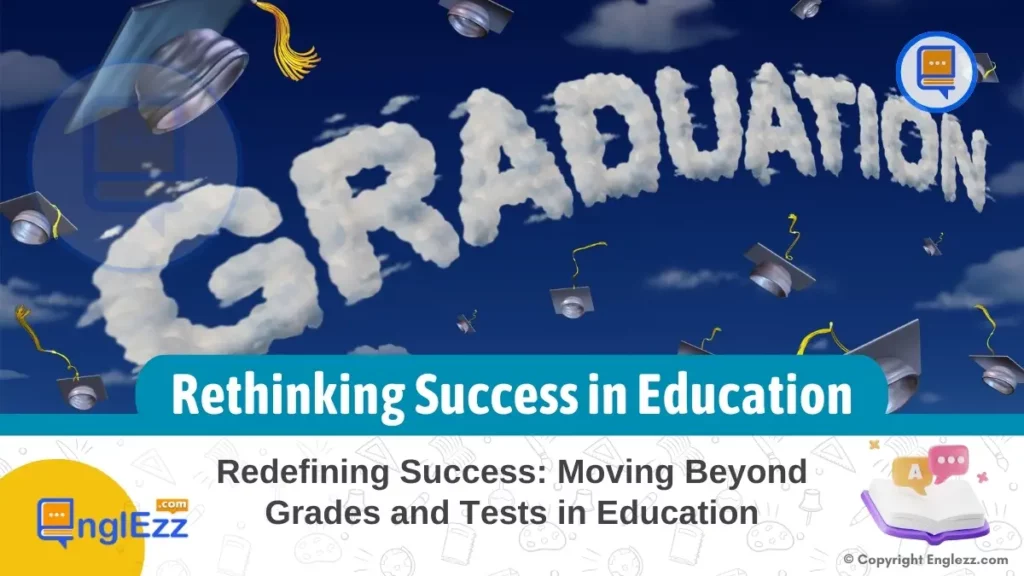
Join us as we unravel the intricacies of this educational metamorphosis, steering towards a horizon where every student’s brilliance illuminates pathways to a future defined by holistic development and boundless possibilities. Step into a realm where academic excellence intertwines with personal growth and societal impact – welcome to the dawn of redefined success in education beyond grades and tests!
The Limitations of Standardized Testing
Standardized testing has long been a cornerstone of the education system, aiming to provide an objective measure of student performance. However, this one-size-fits-all approach fails to account for the diverse range of talents and abilities that students possess. While some excel in traditional test-taking environments, others may struggle to showcase their true potential through these assessments. A student’s skill set cannot be neatly encapsulated by filling in bubbles on a scantron sheet or writing within strict time constraints. By relying heavily on standardized tests as the primary measure of academic achievement, educators risk overlooking the unique strengths and capabilities each student brings to the table.
Teaching to the test, a practice born out of the pressure to perform well on standardized assessments, can inadvertently hinder genuine learning experiences. When teachers are constrained by rigid curriculum guidelines that prioritize test preparation over holistic understanding, students may miss out on opportunities for creativity, critical thinking, and exploration. In this context, education becomes synonymous with memorization and regurgitation rather than fostering a deep-seated passion for learning and intellectual curiosity. By acknowledging the limitations of teaching solely to standardized tests, educators can redirect their focus towards nurturing comprehensive skills that extend beyond exam performance.
To move beyond the constraints imposed by standardized testing, educators are encouraged to explore alternative assessment methods that offer a more nuanced evaluation of student abilities. Performance-based assessments, portfolio evaluations, project-based tasks, and peer reviews are just a few examples of alternative approaches that can capture the richness and depth of student learning.
These methods provide a platform for students to demonstrate their creativity, critical thinking prowess, collaboration skills, and real-world application of knowledge – attributes that are often overshadowed in traditional test-centered environments. By embracing diverse assessment strategies tailored to individual learning styles and strengths, educators can paint a more accurate picture of student achievement while fostering a more engaging and inclusive educational experience.
Cultivating Creativity in Education
In the ever-evolving landscape of education, fostering creativity is essential for preparing students to navigate a world filled with complex challenges and opportunities. Creativity goes beyond artistic expression; it is about thinking innovatively, solving problems creatively, and approaching tasks with originality. By emphasizing the role of creativity in education, educators not only nurture students’ innate abilities but also equip them with skills crucial for success in the 21st century. Encouraging creative thinking promotes adaptability, resilience, and the confidence to explore new ideas fearlessly.
To integrate creative thinking into curriculum design, educators can introduce project-based learning activities that encourage students to collaborate, think critically, and come up with innovative solutions. For example, assigning students a real-world problem to solve through a hands-on project not only stimulates their creativity but also enhances their teamwork and communication skills. Additionally, incorporating open-ended assignments that allow students to explore different perspectives and approaches fosters a culture of curiosity and experimentation in the classroom.
The benefits of cultivating a creative mindset in students extend far beyond school walls. By nurturing creativity from an early age, students develop a sense of self-efficacy and ownership over their learning journeys. Furthermore, creative individuals are more likely to seek out unconventional paths, embrace failure as part of the learning process, and approach challenges with optimism and perseverance.
Empowering students to think creatively equips them with invaluable tools to tackle future uncertainties with confidence and ingenuity. Ultimately, integrating creativity into education not only enriches learning experiences but also paves the way for a generation of inventive thinkers ready to shape a brighter tomorrow.
Nurturing Emotional Intelligence
In the quest to redefine success in education, it is imperative to shine a spotlight on emotional intelligence—a cornerstone for not only academic triumph but also lifelong prosperity. Emotional intelligence encompasses the ability to recognize, understand, and manage emotions effectively. Research shows that students who are equipped with high emotional intelligence demonstrate improved social relationships, higher self-esteem, and enhanced mental well-being. By nurturing emotional intelligence in students, educators lay a solid foundation for them to navigate life beyond school with resilience and empathy.
To foster emotional intelligence, educators can integrate mindfulness practices into daily routines, teaching students strategies to regulate their emotions and cultivate self-awareness. Encouraging open dialogue about feelings and perspectives creates an emotionally supportive learning environment where students feel empowered to express themselves authentically. Moreover, collaborative projects that require teamwork enable students to develop key social skills like communication and conflict resolution. By embracing diverse perspectives and experiences in the classroom, educators help cultivate empathy in learners, fostering a deeper understanding of others’ emotions and viewpoints.
The significance of emotional intelligence extends far beyond academic success; it shapes individuals into well-rounded beings capable of handling life’s challenges with grace and poise. By guiding students towards developing empathy towards diverse backgrounds and cultivating self-awareness regarding their own strengths and weaknesses, educators play a pivotal role in shaping future generations that thrive not only in their careers but also in their personal lives.
Embracing emotional intelligence as a fundamental component of education sets the stage for individuals to become resilient, empathetic leaders who positively impact society through their actions rooted in both intellect and heart.
Critical Thinking: A Vital Skill for Success
In a rapidly evolving world, where information is abundant and complex problems require innovative solutions, critical thinking emerges as a foundational skill necessary for success. By fostering the ability to analyze, evaluate, and synthesize information effectively, students are empowered to navigate diverse perspectives and make informed decisions. Educators play a pivotal role in nurturing this skill by encouraging curiosity, promoting dialogue, and challenging assumptions in the classroom. Practical tips such as incorporating debates, case studies, and inquiry-based projects into lesson plans can stimulate critical thinking skills among students across various subjects.
To illustrate the impact of critical thinking in real-world scenarios, consider a historical example like the Cuban Missile Crisis. President John F. Kennedy’s decision-making during this tense period exemplifies how critical thinking can avert potential disasters. By weighing different options, gathering insights from experts with varying viewpoints, and considering long-term consequences, Kennedy demonstrated the power of analytical reasoning in high-stakes situations. This example showcases that critical thinkers not only analyze information but also engage in nuanced problem-solving approaches that prioritize collaboration and strategic planning.
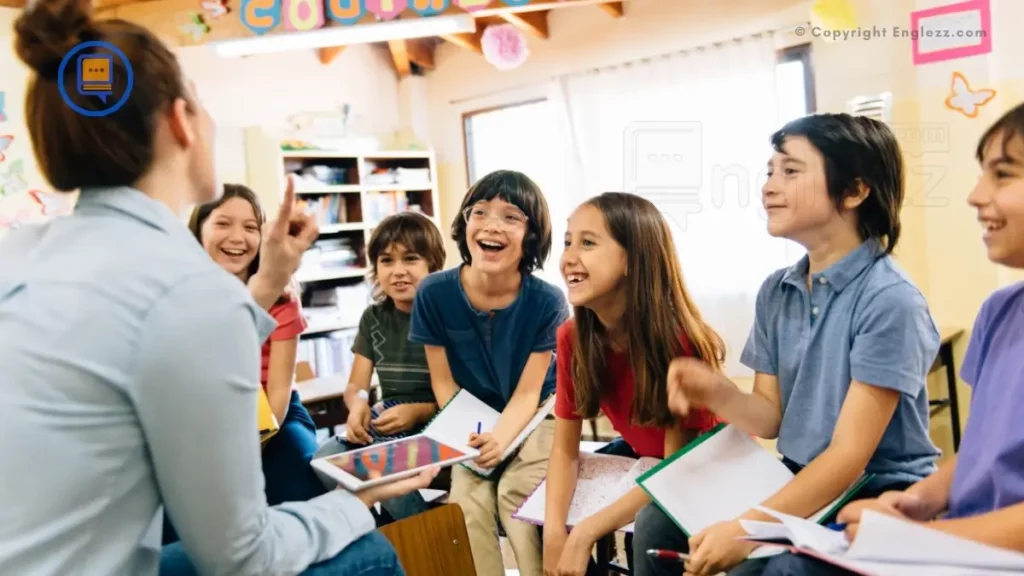
Within educational settings, encouraging students to question assumptions, evaluate evidence critically, and construct well-reasoned arguments fosters their capacity for independent thought and intellectual growth. By integrating activities that prompt students to think beyond surface-level understanding or memorization, educators can instill skills that transcend subject-specific knowledge and empower learners to thrive in an ever-changing landscape.
Ultimately, promoting critical thinking as an essential skill equips individuals with the tools to tackle challenges creatively, make sound judgments based on evidence, and approach complex issues with clarity and confidence.
Real-world Application of Knowledge
In the realm of education, the concept of learning by doing has gained significant traction, challenging traditional methods by emphasizing experiential learning. By advocating for hands-on experiences that connect classroom theories with real-life applications, educators can profoundly impact students’ understanding and retention of knowledge. Project-based learning stands out as a powerful tool in this regard, providing a platform for students to engage actively with concepts, collaborate on meaningful projects, and showcase their skills beyond standardized tests. For instance, constructing a solar-powered oven not only involves understanding scientific principles but also requires problem-solving and teamwork – essential skills for success in various fields.
Through project-based learning, schools can create environments where students become active participants in their education, nurturing creativity and critical thinking while fostering collaboration and innovation. By designing projects that mirror real-world challenges, teachers empower students to apply their knowledge authentically, bridging the gap between theory and practice effectively. Whether it’s creating a sustainable garden to learn about environmental science or developing a business plan for an entrepreneurial project, these immersive experiences spark curiosity and passion for learning that transcends conventional grading systems.
Furthermore, hands-on experiences not only enhance academic achievement but also cultivate essential life skills such as adaptability, resilience, and problem-solving – qualities indispensable in today’s dynamic world. When students engage in real-world applications of knowledge through internships, workshops, or community service initiatives tied to curriculum objectives, they gain invaluable insights into the practical relevance of their education. This experiential approach not only makes learning more engaging but also equips learners with the confidence and competence to tackle complex challenges beyond the confines of traditional assessments. Embracing real-world application within educational settings opens doors to a transformative learning journey that prepares students for success in both academia and life’s diverse landscapes.
Redefining Educational Success: A Call to Action
As we conclude this exploration of redefining success in education beyond grades and tests, it is vital to reflect on the key points discussed. Shifting our focus towards a holistic approach to student achievement involves recognizing the limitations of standardized testing, nurturing creativity, embracing emotional intelligence, promoting critical thinking skills, and emphasizing real-world application of knowledge. By acknowledging the multifaceted nature of success in education, we can empower students to thrive in a rapidly evolving world that demands more than just academic prowess.
We call upon educators, parents, policymakers, and all stakeholders in the realm of education to embrace this paradigm shift towards holistic student development. Let us prioritize diverse forms of success by implementing actionable steps such as alternative assessment methods, integrating creative thinking into curriculum design, fostering emotional intelligence through educational practices, promoting critical thinking skills in classrooms, and providing hands-on experiences that bridge theory with practice.
Together, we can create an educational landscape that values individual growth, innovation, resilience, and lifelong learning — shaping students who are not only academically proficient but also equipped with the essential skills to navigate the complexities of the modern world with confidence and purpose.

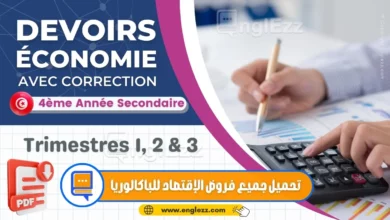

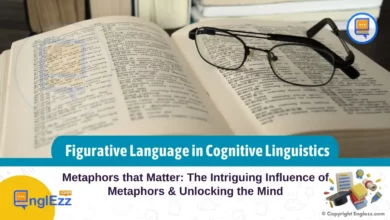
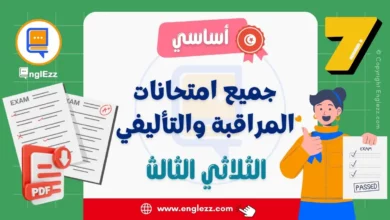

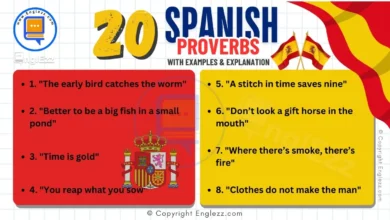

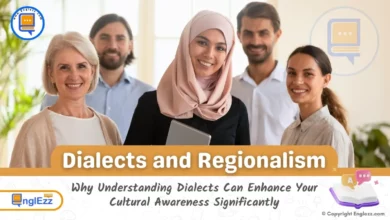
🎓 Dive into redefining success in education beyond grades and tests 🌟 Shifting paradigms in education for holistic growth and real-world impact! Connect with us for more insights and resources! 📚✨at EnglEzz:
.
https://www.englezz.com/rethinking-success-in-education
#education #success #holisticgrowth #realworldapplication #criticalthinking #emotionalintelligence #creativity #studentsuccess #learningjourney